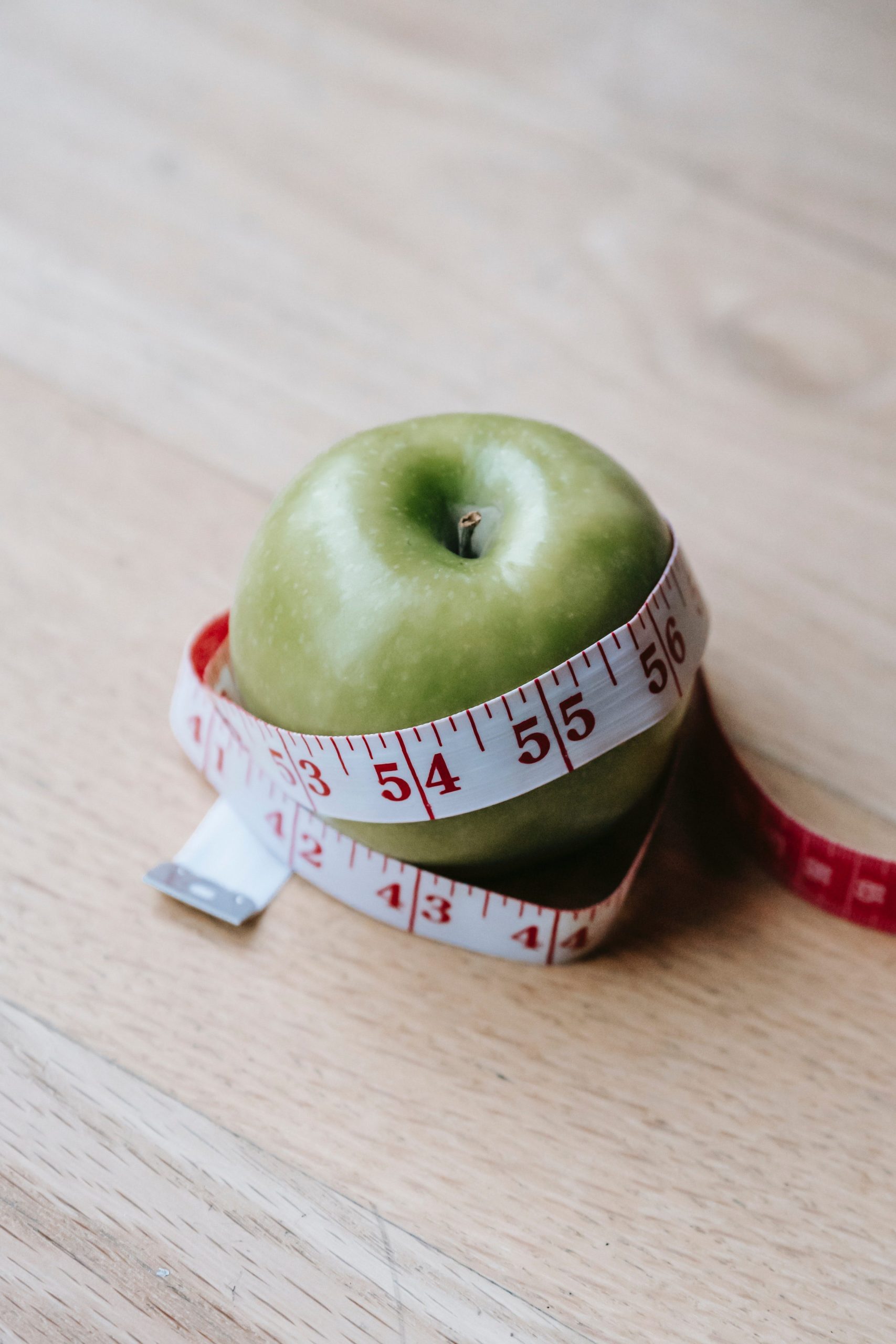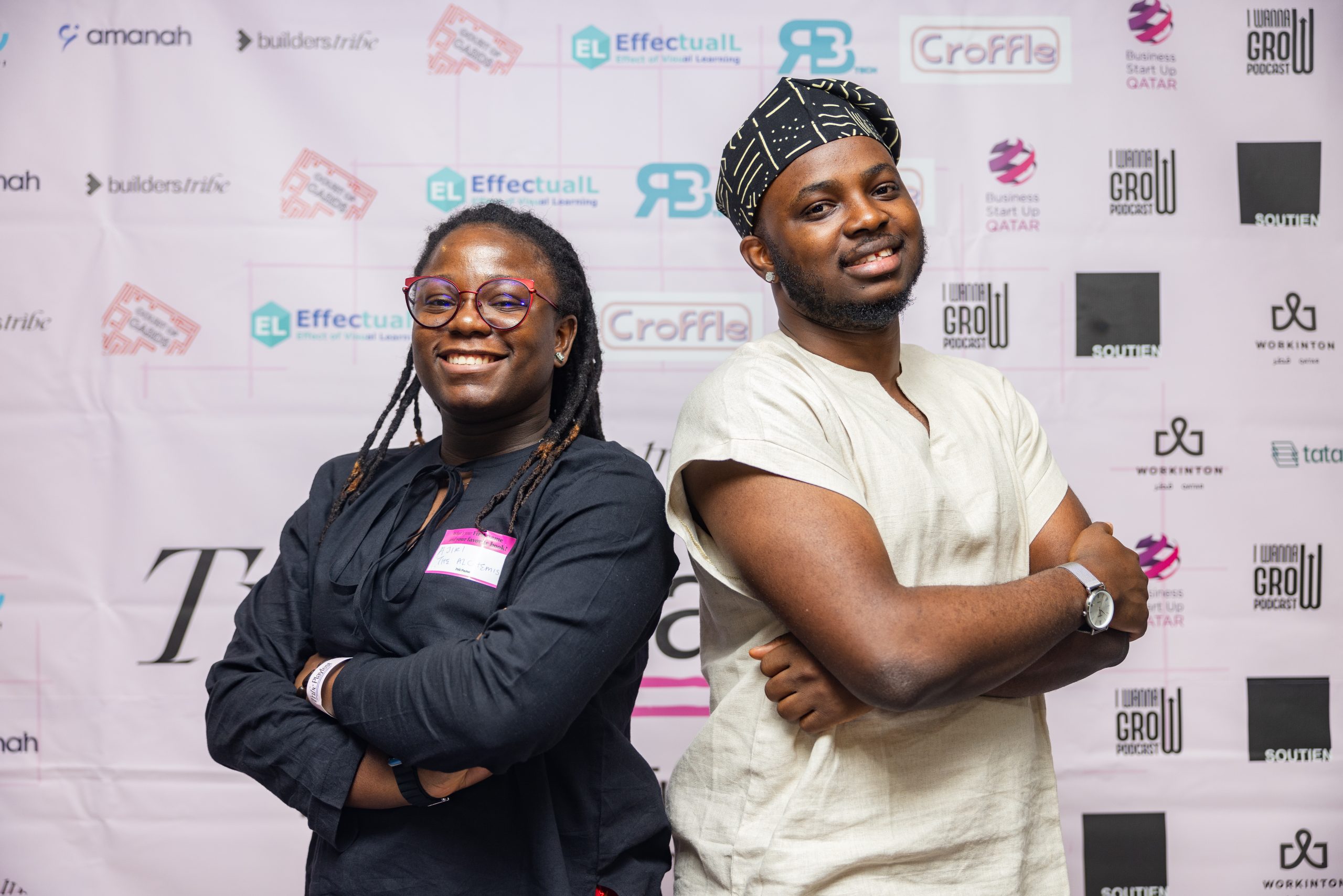Fasting during the holy month of Ramadan is one of the five main pillars of Islam and while exemptions are in place for those with medical conditions, societal pressure means many go ahead with it despite the risks.
The timings of meals as well as the amount of foods consumed typically change during this holy fasting month of Ramadan, where the main meals replacing breakfast, lunch and dinner, become iftar (meal consumed after sunset) and suhoor (meal consumed before sunrise).
The human body, therefore, must readjust to these different eating habits, and then gradually return to its normal state once this month comes to an end.
Ramadan is generally a period of time that most Muslims look forward to throughout the year. It presents those who observe the holy month with an opportunity to get closer to their creator, to repent from their sins, to cleanse and to potentially break old habits and replace them with new, healthier ones.
However, this may not necessarily be the case when it comes to those who suffer from eating disorders.
In fact, the change in eating patterns that come with fasting in this month could prove detrimental to any progress that may have occurred during their treatment process, which could worsen their health condition and in turn increase anxiety and stress.
An eating disorder is a behavioural condition whereby distressing thoughts and emotions are associated with an often-severe disturbance in eating behaviours. Eating disorders can be extremely serious conditions that affect the entire body function, physically, psychologically and socially.
Read also: How to navigate yet another ‘restricted Ramadan’
Many researchers have hypothesised that the general phenomenon of dissatisfaction with body image has been intensified by the recent emergence of social media platforms and that this may be partially responsible for the rise in global prevalence of eating disorders.
There are different types of eating disorders and these include: anorexia nervosa, bulimia nervosa, avoidant restrictive food intake disorder, as well as binge eating disorder, among others. These conditions usually develop in adolescence and, together, all eating disorders combined affect up to 5% of the global population.
While several eating disorders such as anorexia nervosa and bulimia nervosa, occur more commonly in young women, they can all affect either gender at any age.
Eating disorders are generally associated with preoccupations with food, body weight or body shape, and associated behaviours include restrictive eating, binge eating, purging either by vomiting or laxative misuse, avoidance of certain foods, or compulsive exercise.
These behaviours become so driven that they appear to manifest as an addiction.
As such, fasting during the month of Ramadan, although considered a religious duty, can act as a trigger for people suffering from eating disorders, or those with a previous history of eating disorders, given the high-risk food restrictions that are placed on those who fast.
As an example, the sudden feeling of satiety or fullness after iftar may compel those suffering from bulimia to get rid of the consumed food. As for those dealing with anorexia nervosa, they may eat insufficient portions when breaking their fast.
This becomes especially worrying as these small habits can be easily overlooked given the rush and excitement of dining together in groups or as a family, as well as the celebratory and spiritual pre-iftar and post-iftar traditions.
Those struggling with eating disorders that are restrictive in nature such as anorexia nervosa, are more likely to be dehydrated, are at a higher risk of low glucose levels, low blood pressure, osteoporosis, cardiac arrythmias, electrolyte imbalances as well as fainting and cardiac arrest.
For individuals with binge type eating disorders such as bulimia nervosa and binge eating disorder, fasting is more likely to cause them hyperglycemic flux which could, in turn, cause insulin resistance, increasing the risk of the early onset of Type II diabetes.
People who are recovering or are receiving treatment for bulimia are likely to be triggered by fasting, especially as ifar meals are typically served in big portions and quantities.
For those on the treatment path for eating disorders, the typical medical treatment is based on eating small portions that are spaced out, similar to snacking throughout the day. Therefore, fasting for long hours can stop progress, and negatively impact the path to recovery and induce a potential relapse.
Until this day, not fasting the month of Ramadan remains a taboo in the Muslim community, even for those with serious medical conditions.
Read also: How to prepare for the Muslim fasting month of Ramadan
The individual themselves can often feel torn between the need to take care of their physical and mental health, and the desire to fulfil their religious duties.
When deciding whether or not to fast, it is imperative that the condition and severity of physical and mental health are taken into full consideration.
Seeing as the exact types illnesses that are exempt from fasting are not specified, one must use their own judgement, and seek help, advice and reassurance from medical professionals as well as the relevant religious authorities.
It is also our duty to increase public awareness on eating disorders, so that we may collectively become more aware of the behaviours associated with these disorders, and potentially pick up on the signs and help those around us who could be suffering in silence. Raising awareness will also help reduce the social stigma around eating disorders.
It is also equally (if not more) important to fight the root cause of eating disorders by reducing the societal pressure on women and men alike to look a certain way and have a certain body type.
For those that intend to, yet are unable to fast the month of Ramadan due to triggers that may affect recovery from an eating disorder, remember that you are not alone and that this does not make you any less of a Muslim.
Maha El Akoum, MPH, is a public health professional currently working as Head of Content at World Innovation Summit for Health [WISH].
Follow Doha News on Twitter, Instagram, Facebook and Youtube







